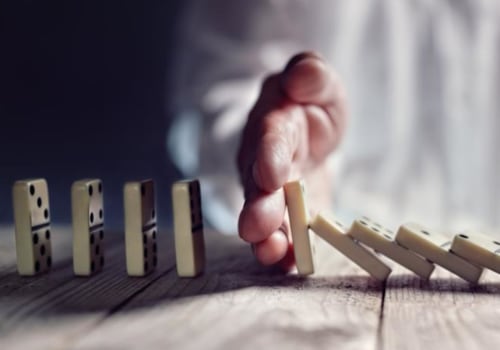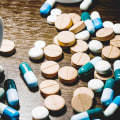Drug addiction is a chronic illness that requires specialized treatment to help individuals recover. Treatment models for people with chemical dependency and mental illness are becoming more common, and medications can play an important role in many addiction treatment protocols. But how effective is drug addiction treatment in achieving its goals? The primary goal of drug addiction treatment is to help a person with addiction stop using the drug of their choice. This can be measured by the success of the treatment in reducing drug use and criminal behavior.
Dual-diagnostic treatment is essential for people with addiction and co-occurring mental health disorders, such as anxiety or depression. Family therapy sessions are conducted by trained professionals and are designed to help individuals and families affected by addiction. During these sessions, the therapist will work with the family to identify any underlying issues that may be contributing to the addiction. They will also provide support and guidance to help the individual learn how to cope with their addiction and develop healthier habits.
Researchers are also developing vaccines and antibody treatments designed to help people overcome drug addiction. These treatments are still in the early stages of development, but offer additional hope that more drug addiction therapies will be available in the future, giving people a longer list of options to choose from. A viable treatment system would also include ongoing peer support services for individuals and families affected by addiction for at least five years to help maintain recovery. This would ensure that all necessary and available services are provided to address the addiction-related needs of individuals. The effectiveness of a treatment for drug addiction can also be measured by its ability to reduce criminal behavior, since both are often associated.
By providing individuals with the tools they need to manage their addiction, they can lead healthier lives and reduce their risk of engaging in criminal activities. Drug abuse changes brain function, and there are many things that can cause drug cravings in the brain. With the right treatment plan, individuals can learn how to manage these cravings and stay on track with their recovery.






